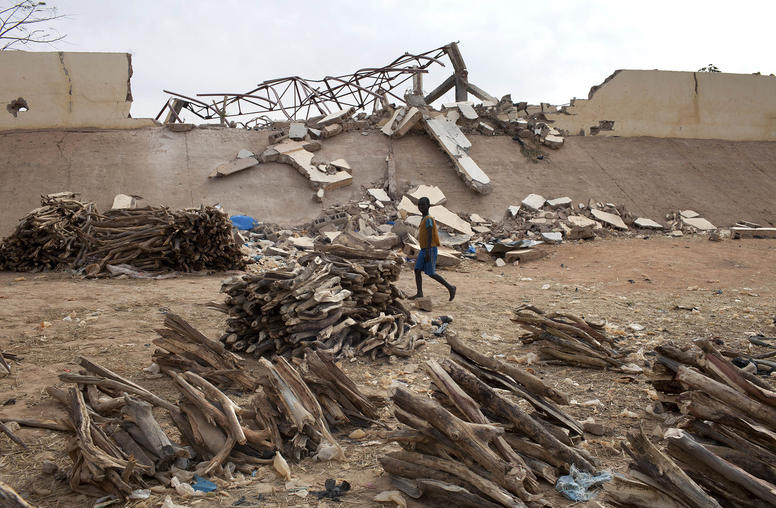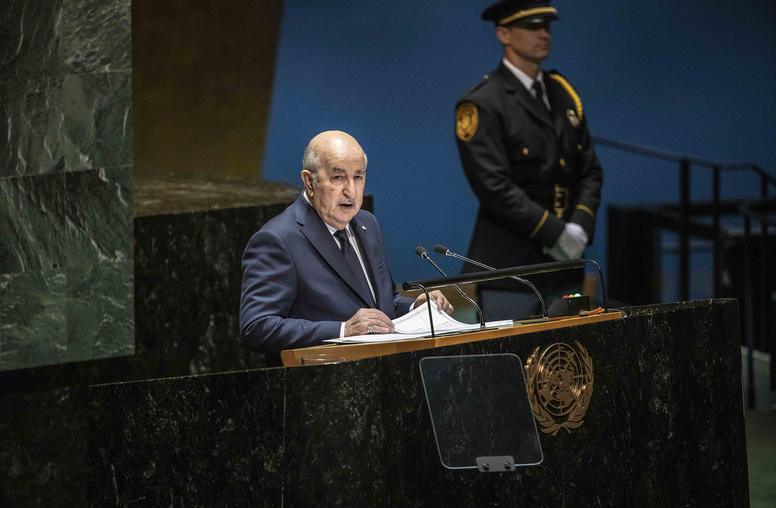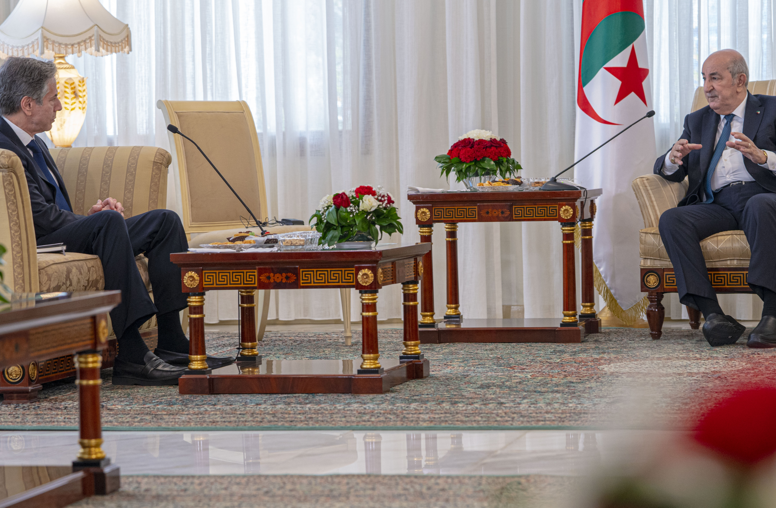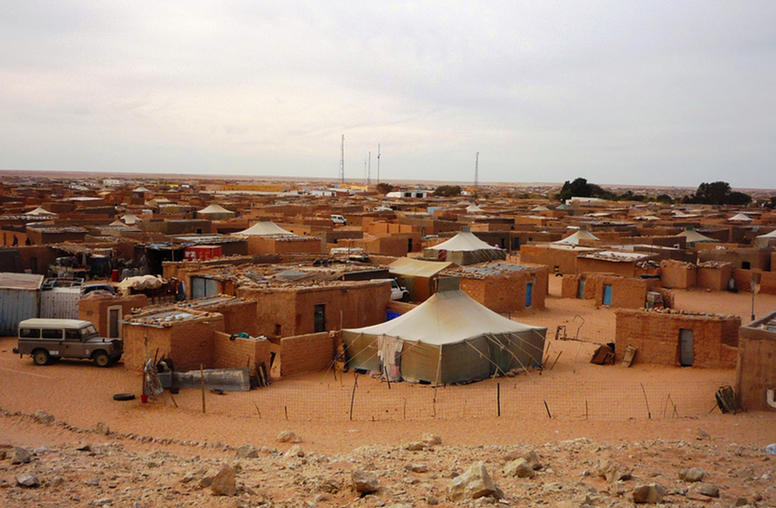Mike Lekson, Ted Feifer, and Noor Kirdar of the Professional Training program led a workshop on multilateral diplomacy for the Organization for Security and Cooperation in Europe (OSCE) Mediterranean Partners, in cooperation with the Spanish Ministry of Foreign Affairs.
The participants were 17 diplomats from Algeria, Egypt, Israel, Jordan, Morocco, and Tunisia. The workshop was held at the Spanish Foreign Ministry´s Diplomatic School in Madrid.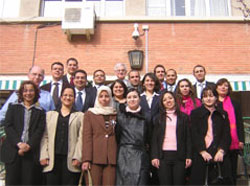
The Workshop´s dynamic, interactive program took participants through a communications exercise, a bilateral negotiation exercise, a discussion of bilateral and multilateral negotiations, a discussion of and exercise on conflict prevention, an exercise on individual styles in conflict situations, problem solving in field situations, a multilateral negotiation exercise, and a complex multilateral simulation.
Participants welcomed this opportunity to strengthen their professional diplomatic skills, while working with colleagues from other countries. They also appreciated the richness of the workshop content, which involved them in a range of realistic bilateral and multilateral situations. Both the OSCE and the Spanish Foreign Ministry made important contributions to the content of the workshop.
